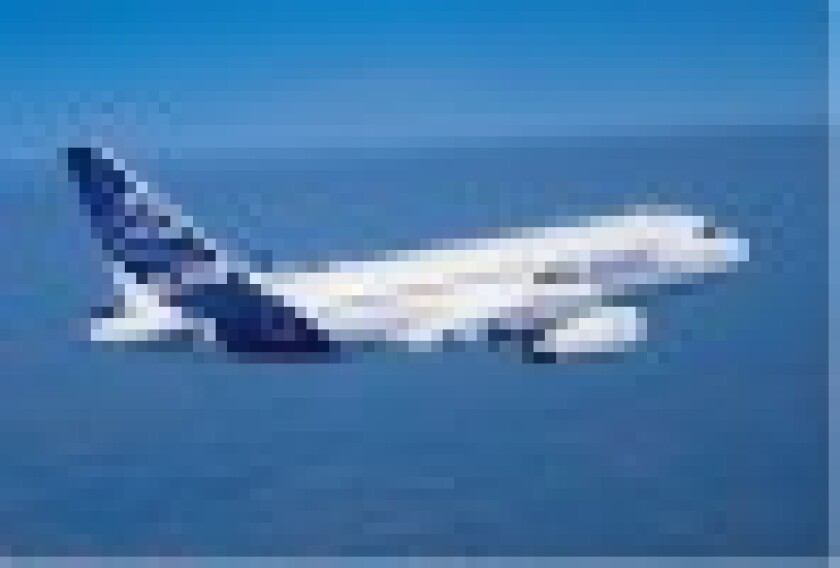
A meeting of 29 countries – including the US, China, Russia and India – took place in Moscow this week where retaliatory measures against the scheme were discussed.
From April 2013, airlines using airports in EU member states for inbound and outbound flights will be required to purchase permits to account for their CO2 emissions.
And though airlines will receive 85% of their permits for free in 2012, reducing to 82% for 2013, there has been a huge global backlash against the EU’s proposals, with airlines claiming it will raise their running costs at a time when they are already running on tightly squeezed budgets.
Perry Flint, of the International Air Transport Association (IATA), said the IATA estimates the cost to the airline industry at €900 million ($1.2 billion) in 2012, rising to €2.8 billion in 2020.
“It will distort competition because airlines that operate connecting hubs just outside the EU will have lower emission charges on their flights than airlines whose hubs are much further away,” said Flint.
And dissent for the EU scheme appears to be rife throughout the aviation industry.
Guillaume de La Villeguerin, head of tax and customs at Airbus, said: “A regional solution to a global issue remains unsatisfactory, has created serious tensions for the aviation industry and has the potential to place European airlines at a competitive disadvantage – a global issue needs a global solution for a global operating industry.”
But Isaac Valero-Ladron, a spokesman for the EU climate action commissioner, said the EU has no intention of backing down because officials at the Moscow meeting had failed to provide any concrete alternatives for a global emission reduction plan through the International Civil Aviation Organisation (ICAO).
“The EU will review its legislation the day there is an ambitious global agreement in force because we would be covered by such an agreement too,” said Valero-Ladron.
“If they [the countries opposing ETS] are serious about a global agreement on climate action then let’s get it done, but pending the delivery of a global agreement the EU will continue to deliver on its promises to reduce aviation emissions from flights using EU airports,” he added.
Countermeasures which have already been discussed in the US and which were raised during the Moscow meeting include:
A challenge to the EU aviation policy under Article 84 of the Chicago Convention in ICAO;
Retaliatory taxes on EU flagged carriers flying to non-EU states;
Domestic legislation exempting non-EU carriers from the EU law;
Restrictions on purchasing of aviation materials (i.e. Airbus airplanes) from the EU; and
Restrictions on allowing EU flagged carriers to land in non-EU states.
Following the meeting Russia's deputy transport minister, Valery Okulov, told reporters that officials had agreed a package of measures the countries could now use to undermine the scheme.
The US House of Representatives has already passed a bill that would direct the US Department of Transportation and State to prevent US carriers from participating in ETS. The Senate is considering a similar bill.
China has said it has banned its airlines from complying with the levy and Russia is also thought to be considering enacting legislation to this effect.
If the opposing states press ahead with such legislation it will present airlines with a difficult legal conundrum whereby they would have to choose between breaching EU law to comply with domestic law or vice-versa.
Valero-Ladron said the EU is ready to enter into dispute procedures at the ICAO, and with the European Court of Justice backing it has received, the EU is confident it would win.
Though the countries involved in the Moscow meeting have yet to officially declare what retaliatory measures they intend to take, the EU will not reconsider its stance and is willing to consider harsh penalties for non-compliance.
“If an airline persistently fails with its obligations, and other enforcement measures including penalties fail to ensure compliance, then the administering member state can apply an operating ban to the airline concerned,” said Valero-Ladron.
“If the day comes when any country decides to enforce discriminatory measures that harm EU companies, then the EU Commission will assess the situation and might take appropriate actions provided under EU legislation and international legislation,” he added.










